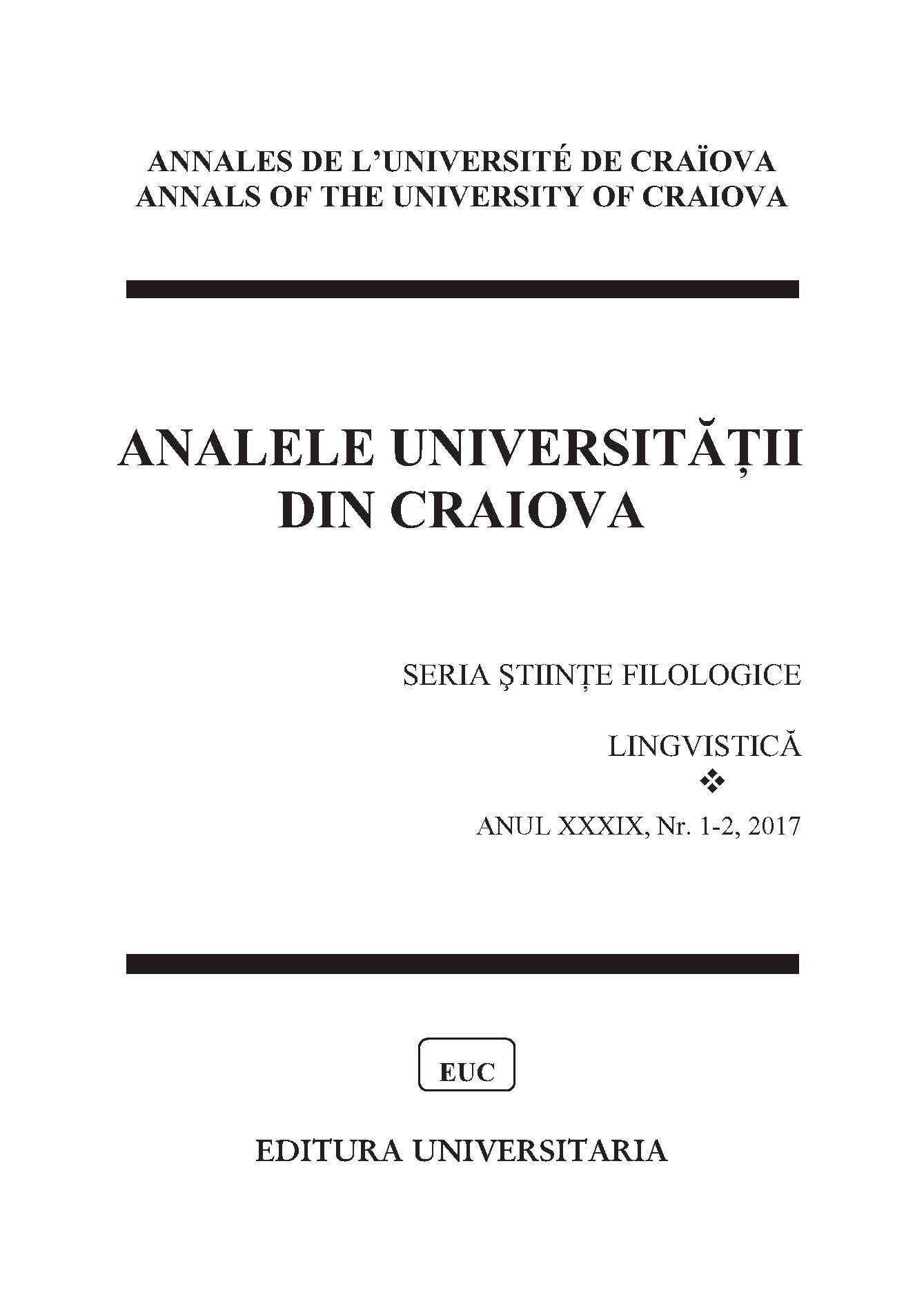The Anglicization of Cuban Spanish: a Historical Account
The Anglicization of Cuban Spanish: a Historical Account
Author(s): José Antonio Sánchez FajardoSubject(s): Language and Literature Studies
Published by: Editura Universitaria Craiova
Keywords: Cuban Spanish; American English; contact linguistics
Summary/Abstract: A diachronic study of the Anglicization process in Cuban Spanish necessarily entails an account of the shifting socioeconomic and political scenarios between the island and the United States. As to linguistic and cultural borrowing, three major periods have been allotted: Colonial Period, Neocolonial Period, and Post-1959 Period. This distribution is fundamental to comprehend how semantic and linguistic variations have been tightly linked to these changing conditions. A relevant finding indicates that eighteenth and nineteenth centuries (Colonial Period) were characterized by a higher influence and deeper assimilation of anglicized forms than previously thought. However, the first half of the twentieth century (Neocolonial Period) represented the most productive era in terms of anglicization, in which the influx of the English language reached its highest influence over the Cuban Spanish. After 1959, with Fidel Castro’s Revolution, the borrowing of these English-induced units continued but their assimilation channels and semantic structures changed significantly. A historical study of this sort is vital to have a better understanding of how the process of linguistic borrowing echoes the existing pragmatic variations.
Journal: Analele Universităţii din Craiova. Seria Ştiinţe Filologice. Lingvistică
- Issue Year: 2017
- Issue No: 1-2
- Page Range: 185-201
- Page Count: 17
- Language: English

